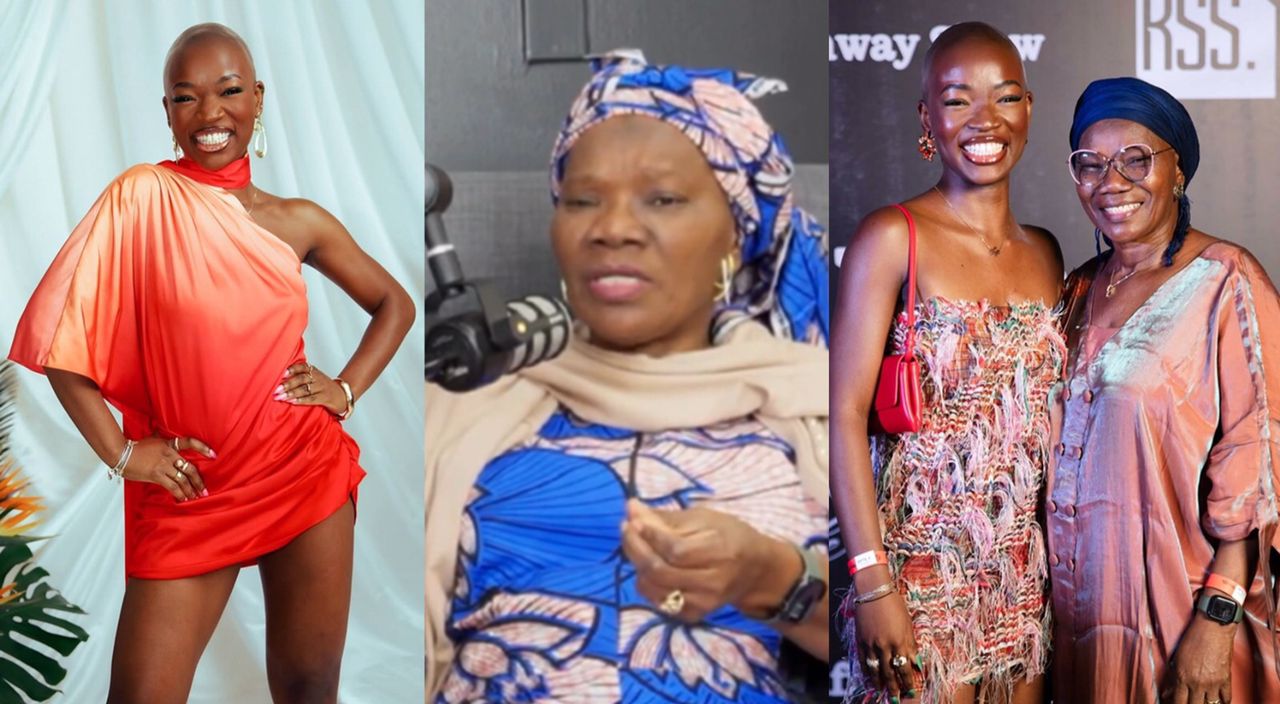
"I Nearly Lost My Life": Oddity's Mother Speaks Out After Watching Viral Video of Creator’s Content

In an emotional revelation that has sent ripples through the online content community, the mother of viral sensation Oddity has spoken out publicly, stating that she "nearly lost [her] life" after being exposed to one of her child's widely shared videos. The comment, raw and candid, came during an impromptu voice note circulating in fan circles, and has now sparked a firestorm of discussion on the increasingly blurred lines between shock content, humor, and mental overload in the digital age.
“I couldn’t comprehend it,” she admitted. “People sent me a video of your content and I nearly lost my life.” The sentence alone has been replayed millions of times across platforms like TikTok, Twitter (now X), and YouTube. But beyond the viral soundbites, it raises questions about the impact of internet content not just on audiences, but on those closest to the creators themselves—parents, siblings, friends—who often find themselves unwitting spectators in the meteoric rise of digital fame.
Oddity, known for a uniquely chaotic, often absurdist style of online humor, has built a reputation on unpredictability. Their content has been described as “surreal meme maximalism,” “a fever dream in 4K,” and, more pointedly, “what the internet would look like if it had a mental breakdown.” To fans, Oddity’s style is art—digital Dadaism for the TikTok generation. But to others, it can be overwhelming, even incomprehensible.
That seems to be exactly what happened when Oddity’s mother encountered the viral clip. While the exact video she was referring to hasn’t been confirmed, speculation suggests it was one of the more extreme entries in Oddity’s series involving glitchy audio, fast cuts, cryptic memes, and heavily edited facial expressions. Some believe the video includes satirical references to pop culture and internet lore so layered that even long-time netizens struggle to keep up.
The sheer sensory overload is part of Oddity’s brand, one that speaks directly to Gen Z’s digital fluency and post-ironic humor. But for someone unfamiliar with the genre—or even with social media itself—it can seem like an alien language. Oddity’s mother, presumably part of a generation that didn’t grow up with smartphones glued to their palms, was hit with a culture shock that went beyond confusion. It became something visceral. Something physical.
“I felt my spirit leave my body,” she reportedly said in a follow-up. “It was like being hit by a soundwave from another dimension.”
The internet, predictably, has turned the moment into a meme goldmine. Users are remixing her voice note with everything from horror movie soundtracks to dramatic black-and-white montages. The phrase “I nearly lost my life” has already appeared on T-shirts, mug designs, and countless meme pages. But beneath the laughter lies a deeper story about generational disconnect and the evolving language of expression in the digital space.
Oddity has yet to release an official response, though they briefly acknowledged the clip on their Instagram story with a simple "😳 mom..." and a repost of the audio with dramatic music. Fans were quick to defend the creator, pointing out that the content is meant to be satirical and that humor, especially in the meme-saturated corners of the web, is rarely meant to be taken literally. Still, others are calling for a broader conversation about content accessibility, emotional tolerance, and the responsibility creators may or may not have to those who engage with their work—voluntarily or otherwise.
Psychologists have weighed in, noting that overstimulation from certain types of media can trigger anxiety-like responses in individuals not accustomed to high-intensity visual and audio content. Dr. Marsha Ellington, a media psychologist based in New York, told our blog, “It’s not uncommon for people—especially older adults unfamiliar with the format—to feel overwhelmed by videos that utilize rapid-fire editing, loud or distorted audio, and surreal imagery. The brain has to work overtime to decode what it’s seeing and hearing. That can be taxing, even frightening.”
Oddity, for their part, continues to post as usual, seemingly unbothered by the whirlwind. Their latest video, uploaded less than 24 hours after their mother’s statement went viral, includes a silent title card reading: “Dedicated to all the mothers out there who nearly lost their lives watching this.” It was followed by a chaotic montage of emojis, screaming goats, and an animated fire overlay, set to a sped-up version of Beethoven's "Moonlight Sonata." The comment section exploded with applause, confusion, and the now ubiquitous quote: “She wasn’t ready.”
The whole incident speaks to a moment in internet culture where irony, absurdity, and sincerity co-exist in ways previous generations might find baffling. For creators like Oddity, the line between performance and reality is often blurred—sometimes intentionally so. But as their mother’s reaction reminds us, what’s hilarious to one person can be genuinely disorienting to another. That duality is part of what makes content like Oddity’s so captivating—and so polarizing.
In a world where everyone is online, and everything is content, even a mother’s stunned voice note can become part of the show. Whether her reaction was exaggerated, sincere, or both, it has undeniably amplified Oddity’s presence on the internet. But it has also opened a window into the very human side of content creation: the loved ones who watch from the sidelines, not always knowing what to make of the digital personas their children inhabit.
As the memes fly and the views climb, one can only hope the mother is doing well—and that maybe, just maybe, the next video she sees from Oddity comes with a warning label. Or at the very least, a pair of noise-canceling headphones.


